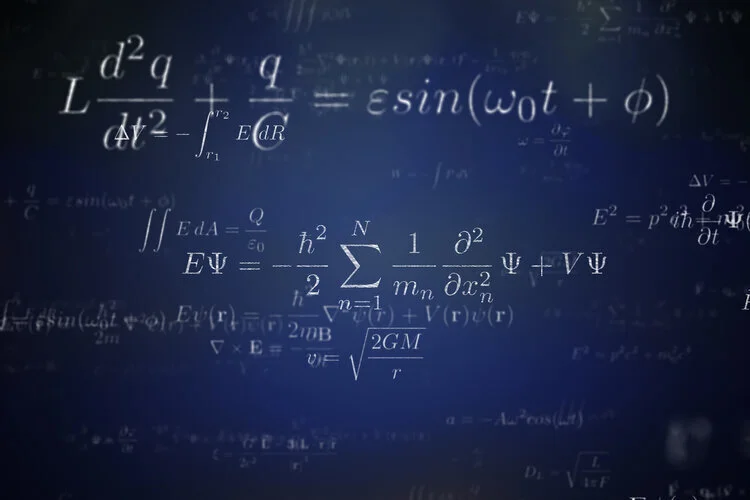Berkeley Technology Law Journal, Vol. 35, No. 3, 2021
New Stanford University Beyond IP Innovation Law research article: “Quantum Computing and Intellectual Property Law”.
By Mauritz Kop
Citation: Kop, Mauritz, Quantum Computing and Intellectual Property Law (April 8, 2021). Berkeley Technology Law Journal 2021, Vol. 35, No. 3, pp 101-115, February 8, 2022, https://btlj.org/2022/02/quantum-computing-and-intellectual-property-law/
Download the article here: Kop_QC and IP Law BTLJ
Please find a short abstract below:
Intellectual property (IP) rights & the Quantum Computer
What types of intellectual property (IP) rights can be vested in the components of a scalable quantum computer? Are there sufficient market-set innovation incentives for the development and dissemination of quantum software and hardware structures? Or is there a need for open source ecosystems, enrichment of the public domain and even democratization of quantum technology? The article explores possible answers to these tantalizing questions.
IP overprotection leads to exclusive exploitation rights for first movers
The article demonstrates that strategically using a mixture of IP rights to maximize the value of the IP portfolio of the quantum computer’s owner, potentially leads to IP protection in perpetuity. Overlapping IP protection regimes can result in unlimited duration of global exclusive exploitation rights for first movers, being a handful of universities and large corporations. The ensuing IP overprotection in the field of quantum computing leads to an unwanted concentration of market power. Overprotection of information causes market barriers and hinders both healthy competition and industry-specific innovation. In this particular case it slows down progress in an important application area of quantum technology, namely quantum computing.
Fair competition and antitrust laws for quantum technology
In general, our current IP framework is not written with quantum technology in mind. IP should be an exception -limited in time and scope- to the rule that information goods can be used for the common good without restraint. IP law cannot incentivize creation, prevent market failure, fix winner-takes-all effects, eliminate free riding and prohibit predatory market behavior at the same time. To encourage fair competition and correct market skewness, antitrust law is the instrument of choice.
Towards an innovation architecture that mixes freedom and control
The article proposes a solution tailored to the exponential pace of innovation in The Quantum Age, by introducing shorter IP protection durations of 3 to 10 years for Quantum and AI infused creations and inventions. These shorter terms could be made applicable to both the software and the hardware side of things. Clarity about the recommended limited durations of exclusive rights -in combination with compulsory licenses or fixed prized statutory licenses- encourages legal certainty, knowledge dissemination and follow on innovation within the quantum domain. In this light, policy makers should build an innovation architecture that mixes freedom (e.g. access, public domain) and control (e.g. incentive & reward mechanisms).
Creating a thriving global quantum ecosystem
The article concludes that anticipating spectacular advancements in quantum technology, the time is now ripe for governments, research institutions and the markets to prepare regulatory and IP strategies that strike the right balance between safeguarding our fundamental rights & freedoms, our democratic norms & standards, and pursued policy goals that include rapid technology transfer, the free flow of information and the creation of a thriving global quantum ecosystem, whilst encouraging healthy competition and incentivizing sustainable innovation.
Meer lezen






